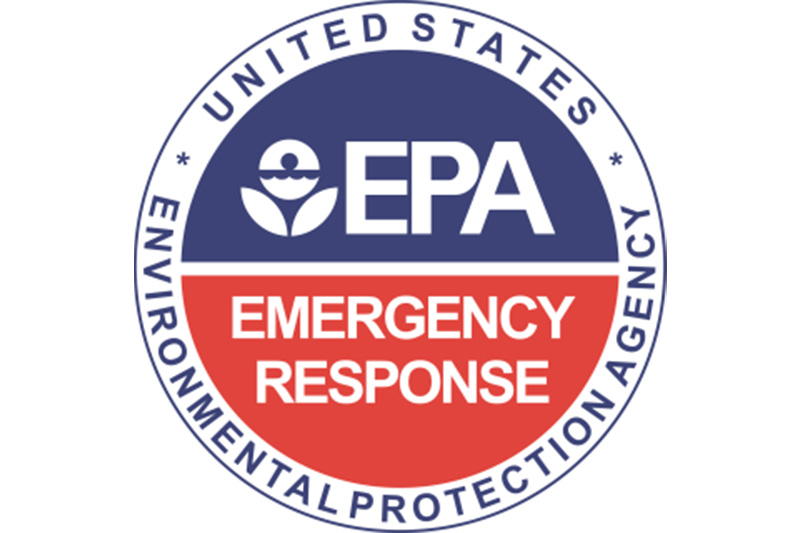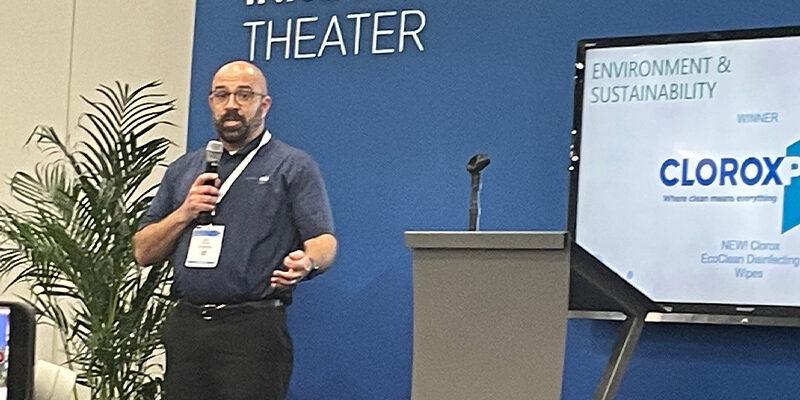EPA Launches Resource Website for Those Affected by Hurricane Helene

The U.S. Environmental Protection Agency (EPA) released a dedicated website to provide resources and information about EPA’s efforts to assist communities affected by Hurricane Helene. The EPA’s Hurricane Helene website will be updated in the coming days and weeks with real-time information on EPA response and recovery efforts for communities most at risk, including those in Florida, Georgia, South Carolina, North Carolina, and Tennessee. Additionally, the public is encouraged to download the FEMA App for real-time alerts, emergency shelter locations, and recovery center information.
“As we work to assist the communities impacted by Hurricane Helene with recovery, this website will be a vital resource for the latest updates on our response efforts,” said Jeaneanne Gettle, acting Region 4 administrator. “We are working alongside our federal, state, local, and tribal partners to deliver the support needed to rebuild and recover, and [the] EPA is committed to helping to protect public health and the environment, restore critical water systems, and aid in clean-up operations.”
EPA activities in response to Hurricane Helene thus far include:
- Damage assessment: EPA is evaluating the impact on drinking water and wastewater systems, ensuring that critical infrastructure is restored promptly.
- Debris removal: EPA teams are assisting in disaster debris management, prioritizing public health, and environmental protection.
- Hazardous materials management: Experts are identifying and managing hazardous materials in affected areas to safeguard residents and the environment.
EPA has deployed teams from its regional and national operations centers to support these efforts and continues to coordinate with the Federal Emergency Management Agency (FEMA) as part of the federal response. EPA personnel are stationed at FEMA’s National Response Coordination Center and Regional Response Coordination Centers, providing essential support for Emergency Support Functions (ESF). Additionally, mobile drinking water labs and emergency generators have been deployed to assist communities in need.
The following deployments are key components of EPA’s on-the-ground support:
- Florida: EPA has mobilized landfill strike teams and a mobile drinking water lab to assist with recovery in Chiefland.
- Georgia: EPA personnel are deployed to support state and local emergency operations centers.
- North Carolina: Emergency Rapid Response Services (ERRS) contractors are being deployed to Asheville for hazardous materials management and recovery efforts. Water damage assessment teams will be working in partnership with the U.S. Army Corps of Engineers to assess the status of drinking water systems.












